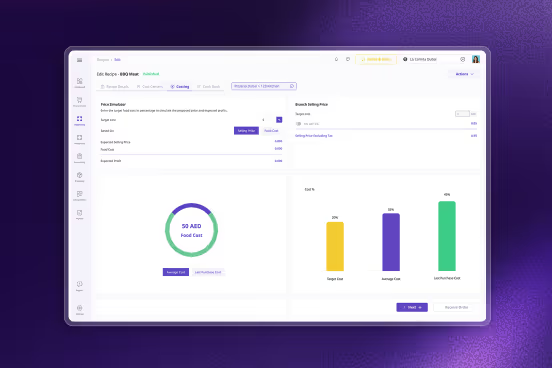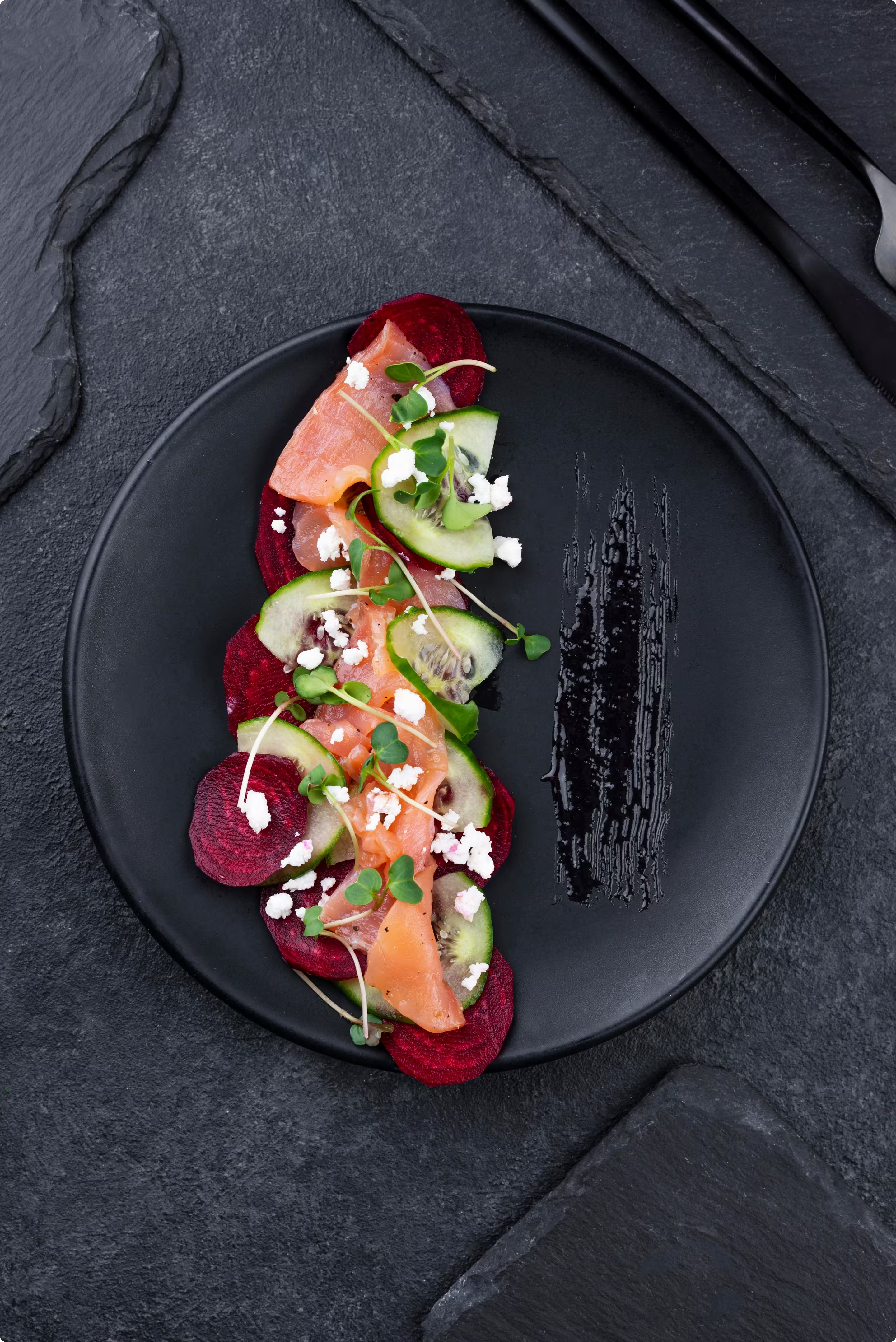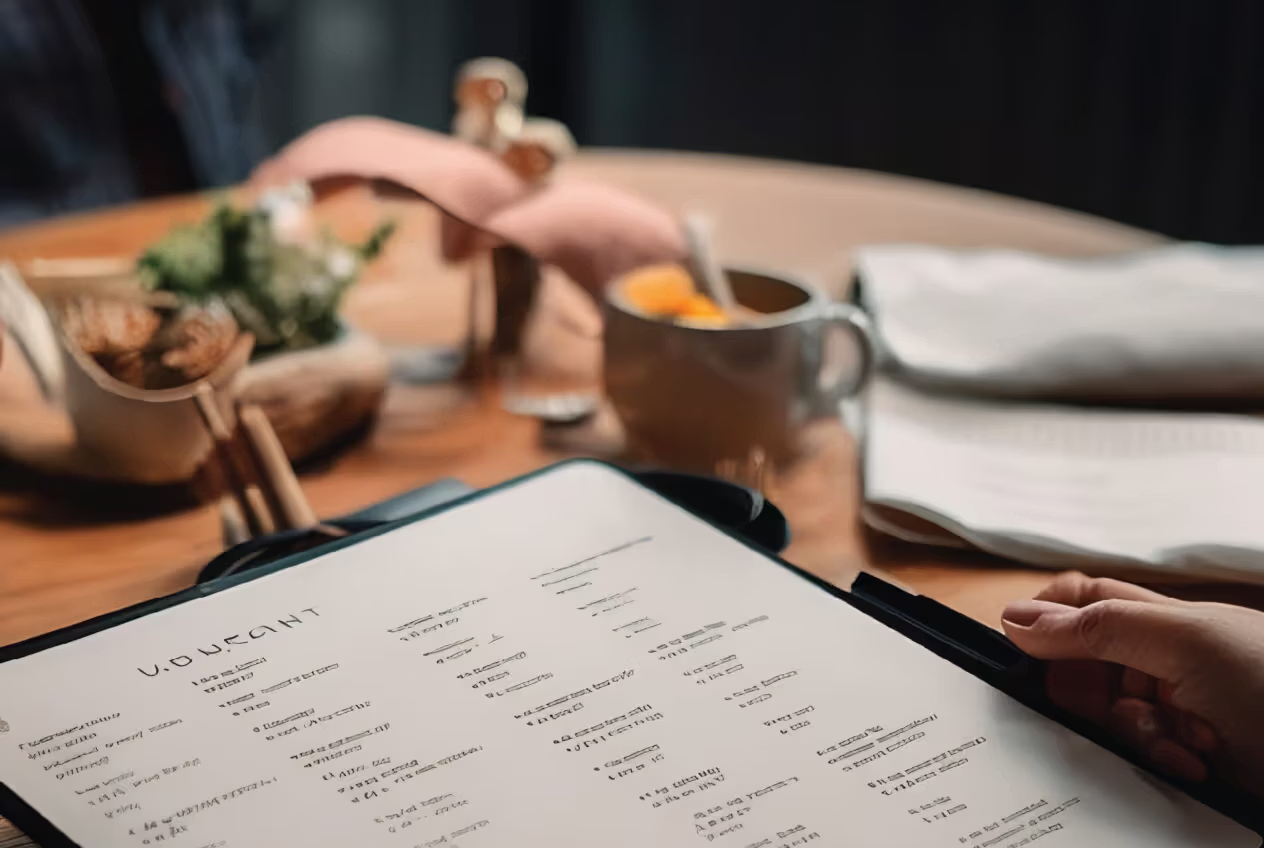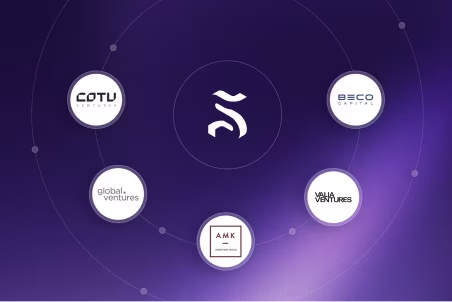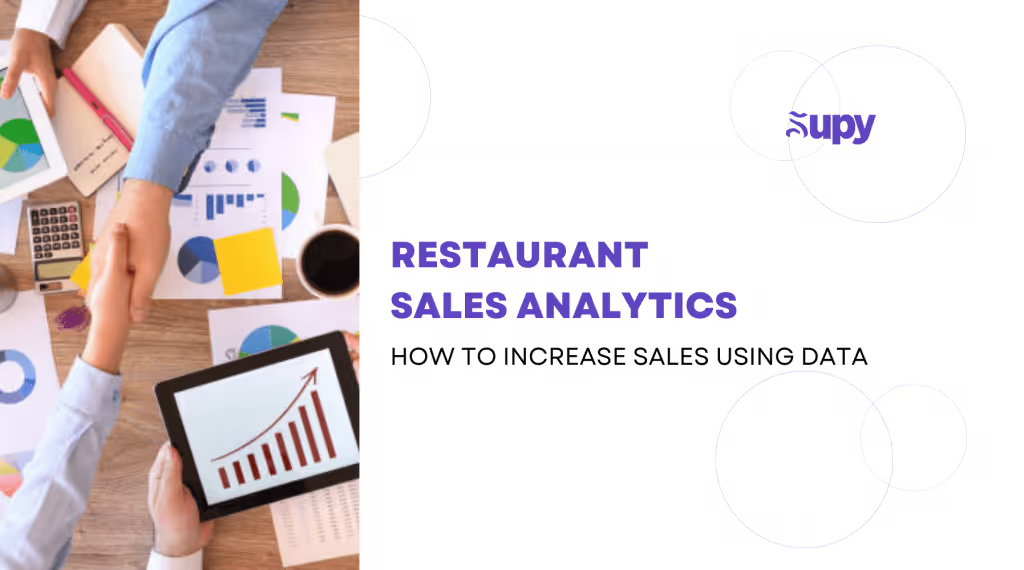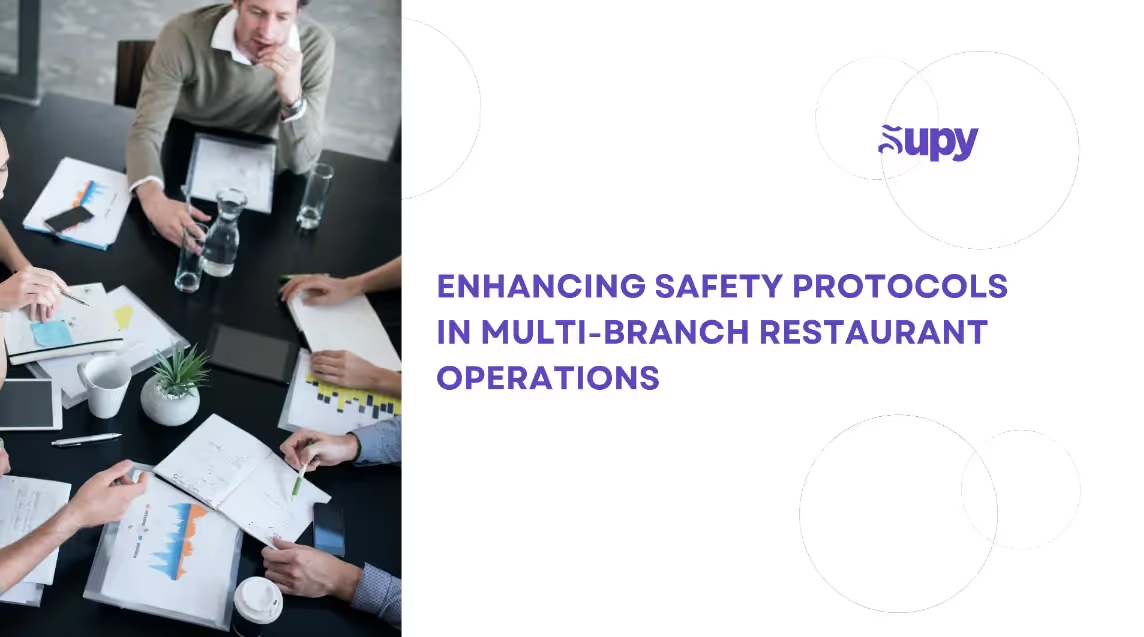Optimizing Supplier Relationships for Restaurant Chains
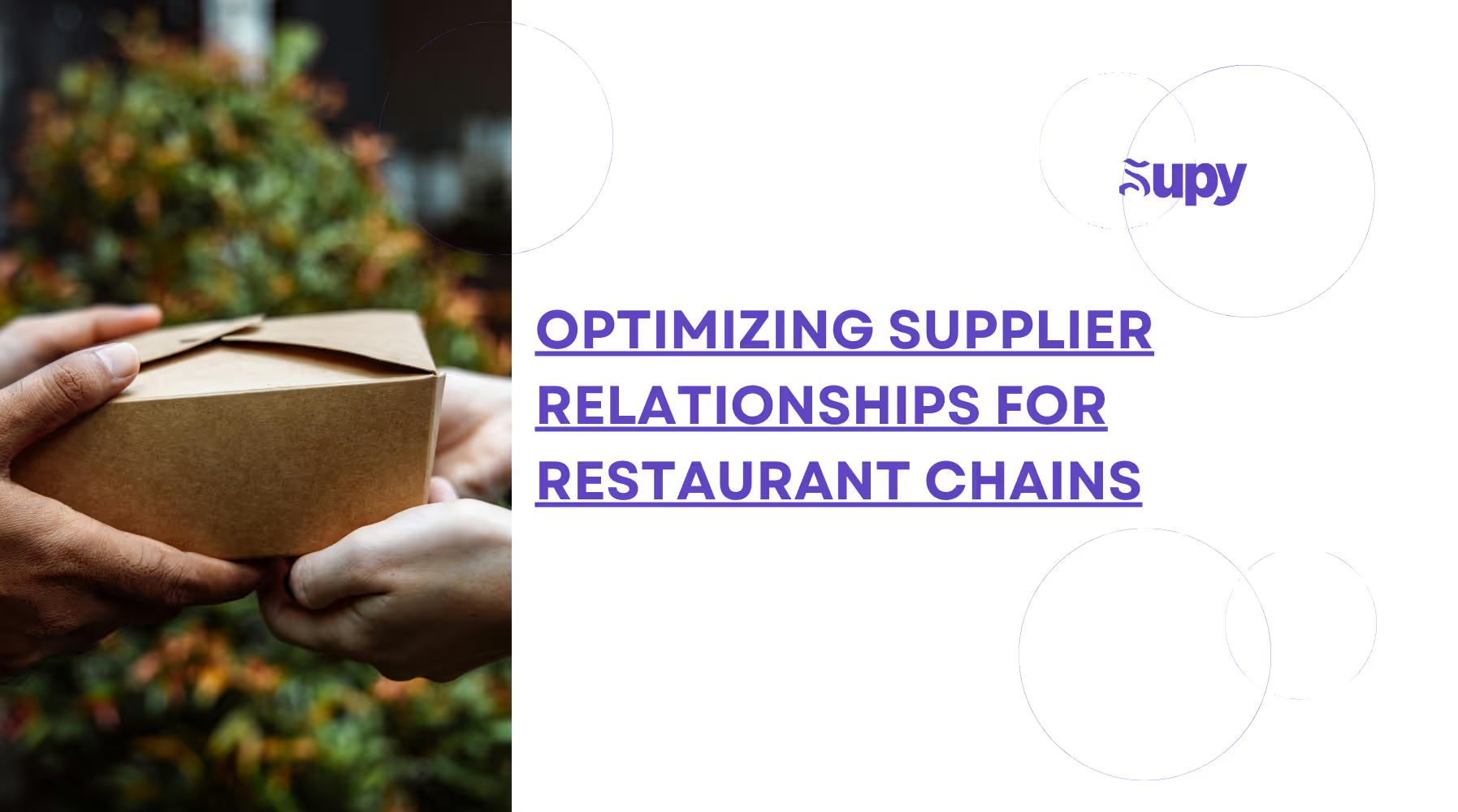
As a budding restaurant owner, you’ve probably thought of it all: how to put together a great marketing campaign, what kind of staff you’ll need to hire, and how to put together a killer menu without breaking the bank. That’s all well and good—but have you also considered studying the state of your relationships?
In a pre-COVID world, gathering long-term supplies used to be a much simpler task. With a stable economy and minimal inflation, many restaurant owners could easily estimate their restaurant’s demands for the next 6-12 months and place accurate supply orders accordingly with no issue. Unfortunately, this kind of stability and ease of forecasting no longer exists in a post-COVID market. With global inflation constantly on the rise, you’d be lucky to be able to secure your stock for a month! That’s why any restaurant owner worth their salt today needs to start seriously investing in their supplier relationships.
Table of Contents
- The Importance of Building Trust in Supplier Relationships.
- Procurement Strategies to Help You Strengthen Your Supplier Relationships.
- The Role of Modern Technology in Supporting Supplier Relationships.
- Creating Win-Win Commercial Contracts.
- Fostering Long-Term Supplier Relationships to Nab the Best Perks!
- How Supplier Relationships Impact Customer Satisfaction.
- Common Barriers to Maintaining Supplier Relationships (And How to Fix Them!)
- Future Trends in Supplier Management
- Optimizing Your Supplier Relationships with Supy.
- Conclusion.
- About Supy.
In large restaurant chains, strong supplier relationships are a key indicator of operational success, cost savings, and long-term sustainability. Solid supplier relationships go beyond simple transactional exchanges; they foster a relationship of mutual trust and collaboration that ensures you receive a consistent supply of high-quality products at the lowest possible price. By cultivating strong supplier relationships, restaurants can mitigate the risk of stock shortages, reduce fluctuations in price, and streamline their procurement processes—all of which are critical to maintaining smooth operations.
Read on to learn more about how to build supplier relationships that last!
1. The Importance of Building Trust in Supplier Relationships
It should come as no surprise that the bedrock of any healthy relationship is trust and mutual respect, and business relationships are certainly no different. What most people don't understand about developing such relationships is that just because you are paying a supplier for their service, you are not automatically entitled to excellent service. Developing good relationships is a two-way effort. As the restaurateur, you must also put yourself in your supplier’s shoes. How can you make their lives easier? Do you provide accurate demand forecasts? Do you consume all of their stock and not suddenly switch suppliers behind their back? Remember, good business follows the golden rule: do unto others as you would have them do unto you!
One of the first principles of establishing strong supplier relationships is trust. Here, both parties must make sure that they are aligned in their goals. Respect for each other’s expertise and limitations is equally important, as it fosters a partnership where both the restaurant and supplier can work together for mutual benefit. There’s no point trying to swindle your supplier out of money if that results in your supplier resenting you and thus providing lower-quality ingredients. Restaurant owners must reach an optimal equilibrium point where both you and your supplier are getting something fair out of this relationship.
To do this, transparency is key. Restaurants must maintain clear, open communication with their suppliers by providing regular updates on forecasts, inventory needs, and constructive feedback on the quality of the products. In turn, suppliers should be transparent about lead times, potential disruptions, and pricing changes. Such an open exchange builds confidence and helps to minimize stress or uncertainty.
Promising long-term commitment is another important part of establishing healthy supplier relationships. Regular check-ins and joint planning sessions are a great way to strengthen this bond over time. For instance, restaurants may hold quarterly meetings with their suppliers to review performance, share upcoming demand forecasts, and adjust orders based on changing market conditions. This level of collaboration demonstrates dedication to the partnership and encourages suppliers to prioritize the restaurant’s needs.
It's important to seriously invest in each of your business relationships as these can result in better deals, such as preferential pricing or priority access to limited stock. When suppliers trust a restaurant to honor their commitments, they are more likely to offer favorable terms, reducing operational friction and helping the restaurant maintain its competitive edge!
2. Procurement Strategies to Help You Strengthen Your Supplier Relationships
There are many effective procurement strategies you can navigate to keep your supplier relationships strong.
Bulk Purchasing
One effective procurement strategy is bulk purchasing. By committing to purchasing goods in large volumes, restaurants can leverage economies of scale to win lower prices for a steady supply of materials.
Long Term Contracts
Similarly, forming long-term contracts is a better procurement strategy for fostering trust and stability for both the restaurant and its suppliers. A long-term commitment provides suppliers with predictable business, enabling them to plan better and offer consistent product quality, while restaurants benefit from reduced price volatility.
Mutual Forecasting
Mutual forecasting is another essential aspect of building strong supplier relationships. By sharing sales data and working with suppliers to predict future demand, restaurants can ensure that suppliers reserve stock based on realistic expectations. This reduces uncertainty, minimizes stockouts, and improves consistency in deliveries, ultimately supporting operational efficiency.
Transparency and Collaboration
Finally, focus on transparency and collaboration during your supplier negotiations. Restaurants should aim to establish a clear communication channel with suppliers to negotiate pricing, delivery terms, and stock levels upfront. This reduces the risk of last-minute disruptions and ensures smoother operations.
Additionally, demonstrating a commitment to ongoing business, even during low-demand periods, can lead to preferential treatment, such as price reductions or priority access to limited stock.
3. The Role of Modern Technology in Supporting Supplier Relationships
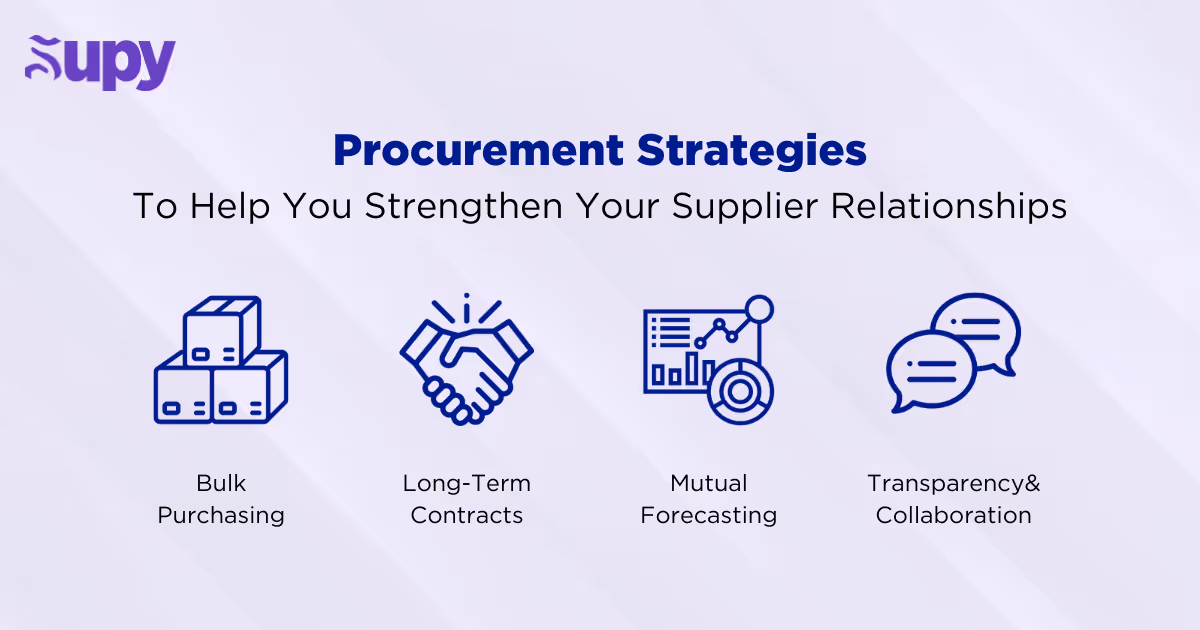
Technology plays a critical role in optimizing supplier relationships for restaurant chains. You’ll find many modern restaurants invest in procurement software and real-time data tracking platforms, as these tools can be used to automate purchase orders, monitor supplier performances, and ensure that your stock levels are consistently aligned with your demand.
For instance, restaurant chains that implement digital procurement platforms can significantly reduce errors and delays in their system. By using automated systems, they can allow orders to be placed at optimal times, while real-time tracking features let the restaurant ensure timely delivery. Such levels of precision reduce the restaurant’s need for manual labor, freeing up managers’ time so that they can focus on other more important core operations.
A key benefit of modern restaurant technology is clean data output. Such data makes it easier to accurately forecast your needs so that you neither over-order nor under-order your supplies. This enhances collaboration between restaurants and suppliers, as both parties can rely on consistent, transparent data for better decision-making.
4. Creating Win-Win Commercial Contracts
It’s no surprise that signing a formal contract plays a critical role in establishing solid supplier relationships. Such contracts outline the clear expectations and obligations each party has for the other in terms of pricing, delivery schedules, and quality control. Thus, learning to write up a winning, mutually beneficial commercial contract is an important part of handling supplier negotiations.
To negotiate favorable terms, restaurateurs must carefully balance their cost optimization with consistency in supply. It’s always a good idea here to closely work with your suppliers to understand their operational needs while also securing long-term pricing agreements that protect your business from the volatility of the market. When both parties feel they are gaining something from the relationship, it fosters collaboration and goodwill that can keep your business safe from unforeseen disruptions.
At the end of the day, having a clear contract is one way to guarantee customer satisfaction. After all, contracts that ensure the receipt of a reliable stock supply minimize the risk of stock shortages that can harm the customer experience. Such contracts also reduce price volatility, thus allowing restaurants to maintain consistent pricing for their customers. In this way, well-crafted commercial agreements can ultimately lead to a superior dining experience!
5. Fostering Long-Term Supplier Relationships to Nab the Best Perks!
We’ve already seen how fostering long-term supplier relationships can keep prices low at your restaurant. By establishing trust and mutual respect, restaurants can secure preferential terms such as bulk purchase discounts, priority access to limited resources, and predictable delivery schedules.
Staying on your supplier’s good side can also translate into improved operational efficiency for your restaurant. After all, when a supplier understands a restaurant’s long-term needs, they can offer tailored solutions that reduce waste, optimize inventory, and streamline procurement processes. Strong supplier relationships can even foster new innovative ideas at your restaurant, as suppliers may introduce new products or services that enhance restaurant operations or meet specific needs more effectively!
Lastly, investing in a good long-term supplier relationship may even contribute to your restaurant’s efforts at sustainability! After all, strategic sourcing of eco-friendly products is much easier when you’re working with trusted suppliers that share the same environmental goals as you!
6. How Supplier Relationships Impact Customer Satisfaction
Strong supplier relationships play a pivotal role in ensuring customer satisfaction for restaurant chains:
For one, a well-maintained partnership ensures that the restaurant receives a consistent supply of the necessary ingredients, thus reducing supply chain disruptions. This consistency translates into a reliable dining experience, where menu items are always available and of consistent quality.
A reliable supplier will also help you maintain a high-quality product, which is a crucial part of maintaining a restaurant's reputation. When a supplier continues to provide fresh, high-grade ingredients on time, this allows the restaurant to consistently deliver dishes that meet or exceed their customers’ expectations.
Furthermore, a dependable supplier can assist in product innovation by introducing new ingredients or offering early access to fresh products, enabling restaurants to maintain a competitive advantage and keep offering something new.
7. Common Barriers to Maintaining Supplier Relationships (And How to Fix Them)
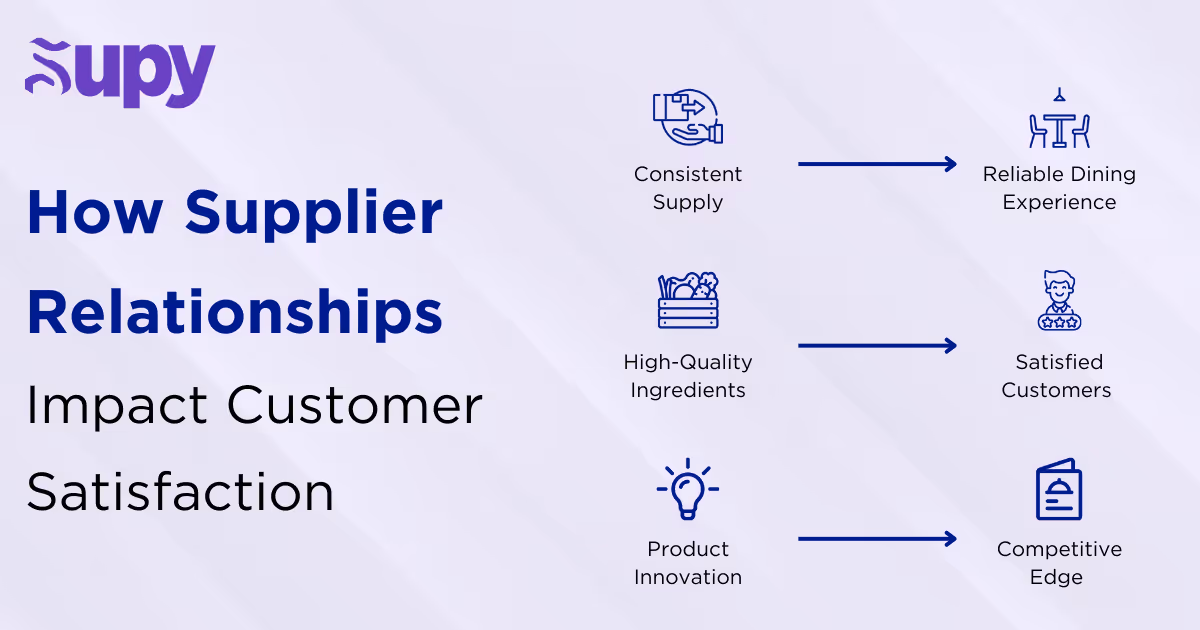
Although supplier relationships are critical to any restaurant chain’s success, there are a certain number of challenges that may get in the way of your operations:
Miscommunication between restaurants and suppliers, for instance, can lead to errors in orders, mismatched deliveries, and delays. To address this, you must first streamline all channels of communication and make transparent dialogue your first order of business.
Next, supply chain disruptions—whether caused by external factors like market fluctuations or other internal issues—can leave restaurants scrambling to meet demand. By implementing procurement tools, restaurants can learn to automate their processes, provide real-time data tracking, and ensure that both parties have access to accurate information. This transparency reduces errors and facilitates proactive responses to potential disruptions.
Finally, inconsistent stock levels can hinder a restaurant's ability to offer a stable menu, impacting customer satisfaction and operational efficiency. To circumvent this, restaurants need to develop multiple contingency plans and diversify their suppliers, to mitigate the impact of supply chain disruptions. Long-term contracts with suppliers that outline clear expectations on stock and delivery schedules help ensure consistency.
At the end of the day, collaboration and continuous feedback between suppliers and restaurant chains are vital in overcoming obstacles. Regular meetings and open communication foster trust and help both parties address issues before they escalate.
8. Future Trends in Supplier Management
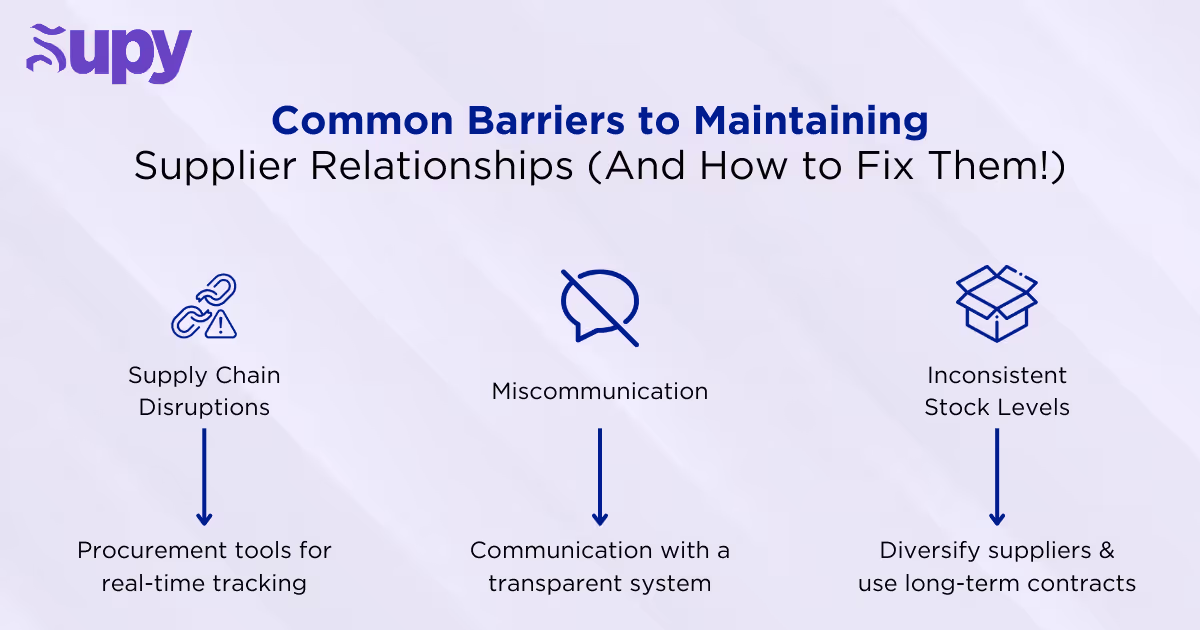
As restaurant chains look toward the future, here are a few emerging trends in supplier relationship management that are revolutionizing how you handle your procurement needs!
One key trend is the rise of data-driven forecasting, where restaurants can use historical sales data, market trends, and predictive analytics to anticipate their demand more accurately. By providing suppliers with precise forecasts, restaurants can secure stock at better prices and avoid shortages.
Another major development is the widespread adoption of AI-based procurement tools. These are designed to streamline your purchasing processes and improve decision-making. AI algorithms can analyze vast amounts of data in real time, identifying patterns, tracking supplier performance, and suggesting optimal purchase times. This not only improves efficiency but also strengthens supplier relationships by ensuring clear communication and efficient transactions.
Lastly, cloud-based platforms are reshaping how restaurants and suppliers collaborate. These platforms allow for real-time inventory tracking, automated ordering, and transparency in supply chains, increasing transparency and accountability in the supplier relationship.
9. Optimizing Your Supplier Relationships with Supy
Supy is designed to offer several comprehensive services that can help you in your journey toward streamlined multi-location restaurant management. Here’s how Supy can help you build great business relationships with your suppliers:
- Identify Your Top Suppliers and Build Business Relationships: One underestimated but vital part of building a business is developing relationships! Supy makes it easy to track how each of your suppliers treats you. Is one giving you a higher discount than another? Now you can check to see which suppliers are increasing their prices or throwing you a freebie from time to time to find the best supplier worth your money!
- Identifying Cost-Saving Opportunities: One of the most exciting features to come out of the Supy app is the potential to find any cost-saving opportunities hiding in plain sight! Use the analytics feature to discover which of your suppliers leads to the most savings, gain deep-dive insights into your purchasing patterns, and oversee supplier performance—anything to boost your bottom line!
- Make Buying Stock A Breeze: With the Supy app, you can centralize all your inventory and supplier data onto one platform! Review your order totals, edit items, and approve drafted purchases on the go.
- Create Specialised Purchase Orders: Why not take the hassle out of ordering ingredients by consolidating items sourced by different suppliers under each of their categories? If you find yourself regularly sourcing items from the same supplier, Supy offers you the chance to set them as a preferred supplier to accelerate the stock-buying process.
10. Conclusion
The most successful procurement strategy a restaurant can have is an optimized supplier relationship. Cultivating a relationship of trust, respect, and open communication is a crucial part of the modern procurement process since it allows businesses to foster a mutually beneficial partnership with their suppliers. As the restaurant industry continues to evolve, there’s no question that large restaurant chains must continue to nurture these connections if they want access to the best prices and a more resilient supply chain.
Want to learn more about developing business relationships that last? Sign up for Supy’s newsletter to gain expert insights into the field—or book a free demo today to see what we can offer firsthand! Alternatively, head on over to the Xenia app to learn more about the 10 best retail audit software in 2024!
11. About Supy
Supy is the best restaurant management software designed for multi-branch restaurant operations. With incredible features like real-time inventory tracking, smart procurement systems, and advanced analytics, Supy helps restaurants get the most out of their business.
Want the latest insights? Download Supy’s ebook: The Ultimate Guide to Reducing Food Costs in Multi-Branch & Enterprise Restaurants.
Ready to find out more? Schedule a demo with Supy today!
